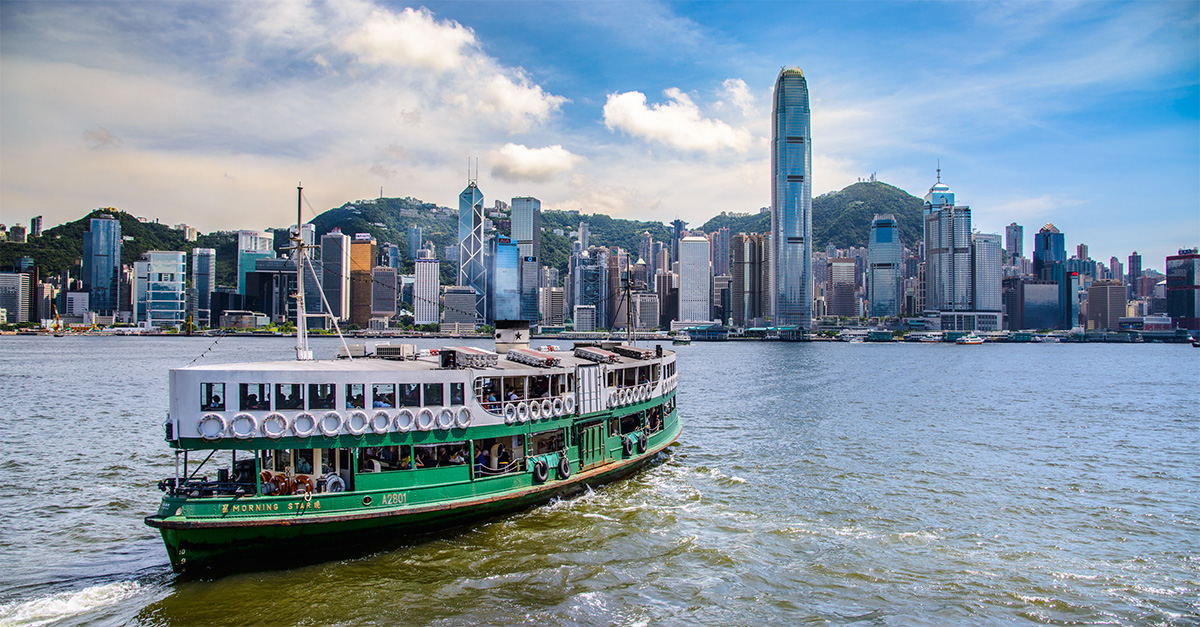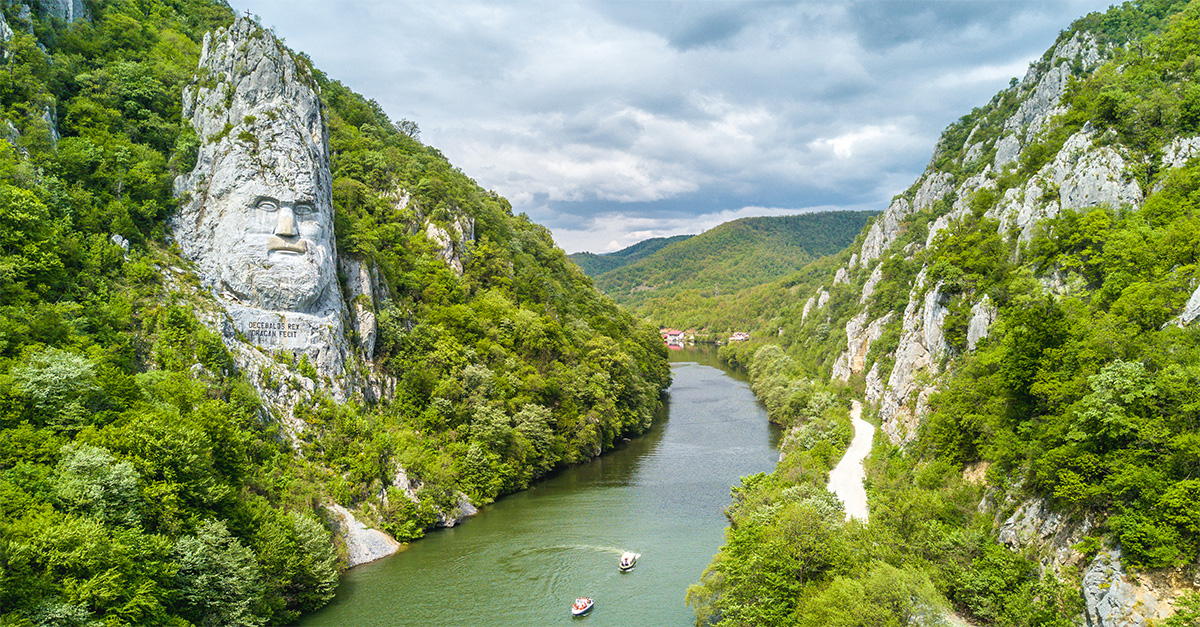| Imagebank |
It’s been a tumultuous new year for Asia. One month on, as
the images of December 26 begin to leave our TV screens, it’s
time to stand back and look to the future – however short
term. One thing we are all agreed on is that we cannot desert the
region in its time of need.
As industry leaders unite to create a long-term recovery
campaign for tourism to Asia, under the auspices of the Foreign and
Commonwealth Office and industry charity The Travel Foundation, we
assess the damage and look at the recovery strategies put in place
by the region’s tourism authorities.
Thailand
The Tourism Authority of Thailand is planning to get as many UK
agents and media out to Thailand as soon as possible so they can
see for themselves that tourist resorts have not been as badly
affected as it would appear from media reports. TAT UK marketing
manager Richard Hume said he would be taking groups out to Thailand
as early as next month.
“I hadn’t planned to take any media out until later
in the year, but it’s important that we take them now to
islands that were not affected – as well as to those that
were – so they can report on the reality of the
situation.”
Hume is planning three to four trips, taking up to 10 people on
each. TAT will continue with its plans to take a group of travel
agents out to film a training DVD next month, as planned. The
itinerary has been amended to miss out Ko Racha, as the hotel
hosting the trip was damaged.
The TAT will also launch a month-long outdoor advertising
campaign in London and Manchester in mid-February.The campaign was
due to run this month but was postponed out of respect for those
who lost their lives.
“We didn’t want to run it in January because it
would have been insensitive, but we have to get the balance right
in being sensitive and helping Thailand recover,” said
Hume.
How to help: if you want to help the TAT is recommending people
make a donation or volunteer their services to the Thai Red Cross
Society, which can be reached at
redcross.or.th/english/home/index.php4.
Indonesia
Bali, which attracts the vast majority of tourists to Indonesia,
was totally unaffected by the tsunami, but the destination’s
tourism industry is not likely to be shouting about the fact.
The island was taken off sale by British tour operators before
Christmas following a new FCO warning of terrorist activity and,
until the travel ban is lifted, there would be no point advertising
in the UK, they say.
“Also people in Bali are very sensitive to the fact that
other destinations are suffering because of the tsunami,”
said Richard Parks, who represents several Bali hotels in the
UK.
“They don’t want to say ‘come to Bali instead
of Thailand’ when they know Thailand needs tourists and that
it’s perfectly okay for people to return. Also, occupancy
levels in Bali are quite good at the moment because nationals from
other countries are still able to travel there.”
Malaysia
Malaysia will be seizing the opportunity to show the world
it’s business as usual at all of its beach resorts during
this week’s ASEAN Tourism Forum, taking place on the island
of Langkawi off Malaysia’s northwest coast.
An estimated 1,600 delegates from 50 countries are due to attend
the event. This includes about 400 tour operators and up to 100
journalists from international publications.
Tourism Malaysia UK director Mohmed Razip Hasan said:
”Most of Langkawi escaped the tsunami and there has been
minimal damage to hotels and resorts which are operating fully
during the current peak season.”
Tourism Malaysia is encouraging the travel industry and
consumers to call, visit the office off Trafalgar Square or log on
to the website at malaysiatrulyasia.com to find the latest
information on travelling to Malaysia.
Hasan added: “We are keen to highlight that Malaysia
remains a safe destination for tourists – with attractions
and flights operating as scheduled.”
Sri Lanka
Up to 15 key tour operators have been invited by the tourist board
to visit Sri Lanka early next month to see for themselves that the
majority of hotels hit by the tsunami have reopened and
infrastructure has been repaired.
Sri Lanka Tourist Board UK director Charmarie Maelge has also
been trying to persuade the Federation of Tour Operators to send
inspectors to the island as soon as possible to reassure the trade
that it is safe for tourists.
“I have spent a great deal of time appearing on TV
channels persuading the public that, with the exception of five or
six hotels, most of the areas affected by the tsunami are operating
again,” said Maelge.
“Our priority now is to persuade the trade that Sri Lanka
is alive and kicking. Only the southern beach areas have been
affected and everywhere else is fine.”
Agents can go to contactsrilanka.org for an update on the
situation in Sri Lanka, including which hotels have been affected.
How to help: contact the High Commission on 020-7262 1841 or visit
cnosrilanka.org which is co-ordinating aid and volunteers.
India
Indiatourism will continue with its Incredible India marketing
campaign and will host a number of journalists over the next few
months to try to convey the message that it is business as usual in
all tourist areas.
Indiatourism UK director Vivek Angra said: “We also want
to convey through our PR activities that the casualties largely
affected poor fishermen living very close to the coast. The few
hotels that were partially damaged have been repaired and are now
back in business.
“We will attempt to highlight to the travel trade and
consumers that India is a huge country – the north of India
is more than 1,000 miles away from the nearest coastal
resort.”
How to help: the Pacific Asia Travel Association Foundation
Tsunami Recovery Fund has been set up to rebuild skills and
livelihoods of tourism workers in tsunami-affected areas. The fund
is being administered by the PATA Foundation, the charitable arm of
PATA which has disbursed funds to tourism related conservation
projects for the past 20 years.
How to help: to find out more or to make a donation, visit
pata.org/tsunami.
Singapore
Singapore has delayed the second phase of its Uniquely Singapore
advertising campaign, including radio ads and pop-ups on travel
websites, until next month.
Singapore Tourism Board manager tourism business Anna Rajah said
although the destination was not directly affected by the disaster
it wasn’t appropriate to run the campaign this month.
Singapore is also taking part in an outdoor advertising campaign
with Thailand, running in February, and Rajah said further
marketing initiatives were planned for later in the year.
“New campaigns will kick off in March and April to make
people aware that Singapore and Asia are still sellable,”
said Rajah.




